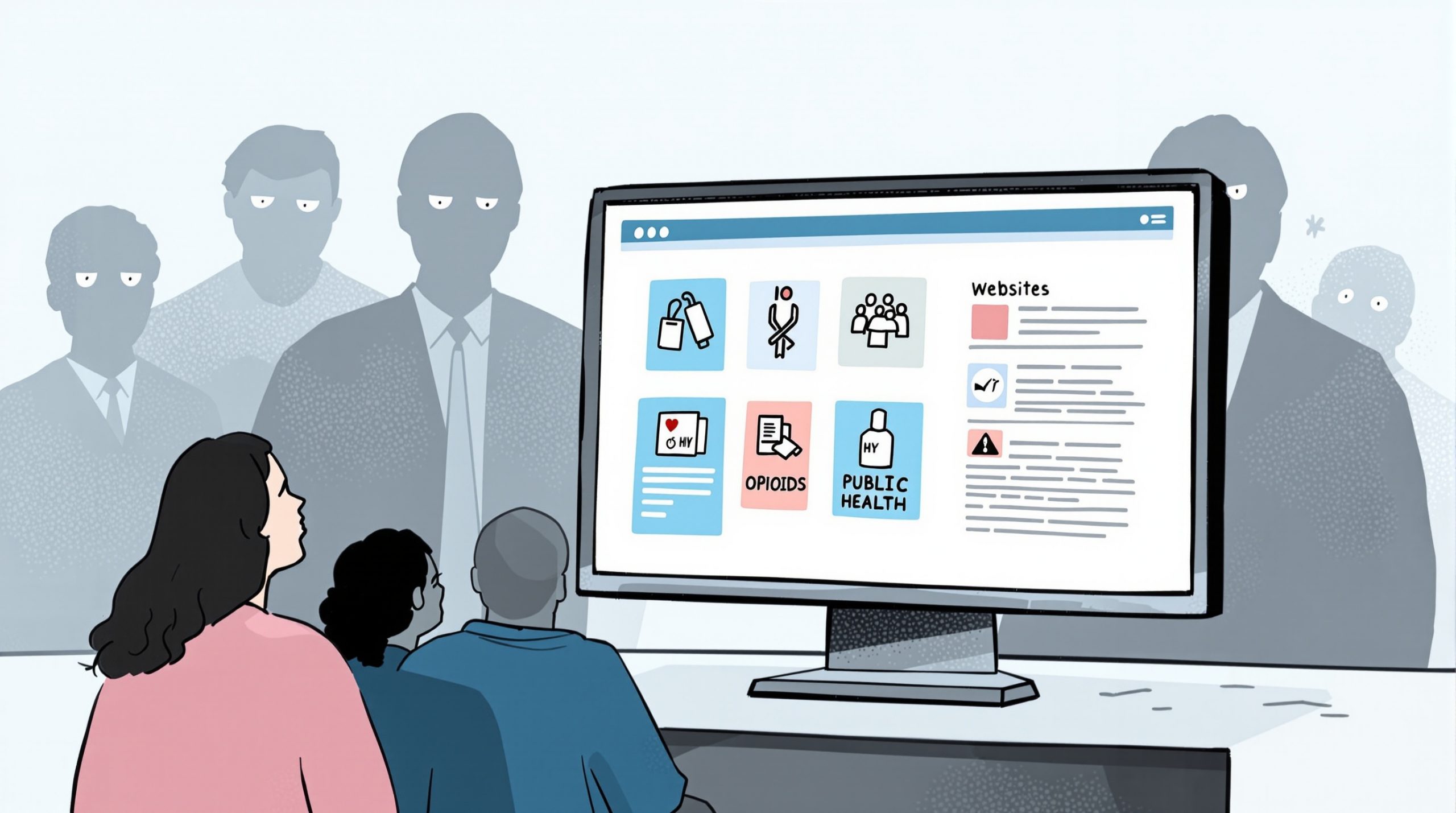Persistent prenatal distress is associated with a significantly increased risk for epilepsy in offspring, a new study showed. Investigators emphasized that the risk was only slightly elevated, indicating that most infants born to mothers experiencing moderate stress will not develop epilepsy.
Both animal and human studies have shown that prenatal exposure to maternal anxiety or depression is associated with changes in fetal brain structure and function, especially in the prefrontal cortex, hippocampus, and amygdala.
A study published by author Yuto Arai, MD, professor of child neurology at Tottori University in Yonago, Japan demonstrated that persistent moderate or higher levels of stress during both early and mid-to-late pregnancy, were associated with an increased risk of epilepsy in the offspring. Epilepsy onset in children under 3 years is associated with treatment resistance and developmental delays, so identifying and modifying risk factors is a priority. A total of 97,484 pregnant women were recruited Japan in a frame of specific research from 2011 to 2014. Participants completed the six-item questionnaire during the first (median, 15.1 weeks) and second halves (median, 27.4 weeks) of pregnancy. Mothers were asked if their children had been diagnosed with epilepsy at 1, 2, and 3 years, but investigators did not have information about epilepsy type. The numbers of children diagnosed with epilepsy at the ages of 1, 2, and 3 years were 89 (0.1%), 129 (0.2%), and 149 (0.2%), respectively. After multivariable analysis, persistent moderate distress both pregnancy time periods was significantly associated with an increased risk for epilepsy in children ages 1, 2, and 3 years in multivariate logistic regression analyses.
Investigators also found that nutrition with artificial milk at 1 month of age was associated with epilepsy risk at age 2 years. Epilepsy risk was also higher at age 1 year in children with low birth weight. The authors noted that various therapies, such as yoga, music, Benson’s therapy, progressive muscle relaxation, deep breathing exercises, guided imagery, mindfulness, and hypnosis, have been effective in reducing maternal stress and anxiety and in easing depressive symptoms.
In this research, it was found that stress activates the hypothalamic-pituitary-adrenal axis, releasing glucocorticoids and other stress hormones. Future research, she said, should prospectively track specific types of epilepsy in offspring while using more than one measure of stress in mothers during pregnancy.




